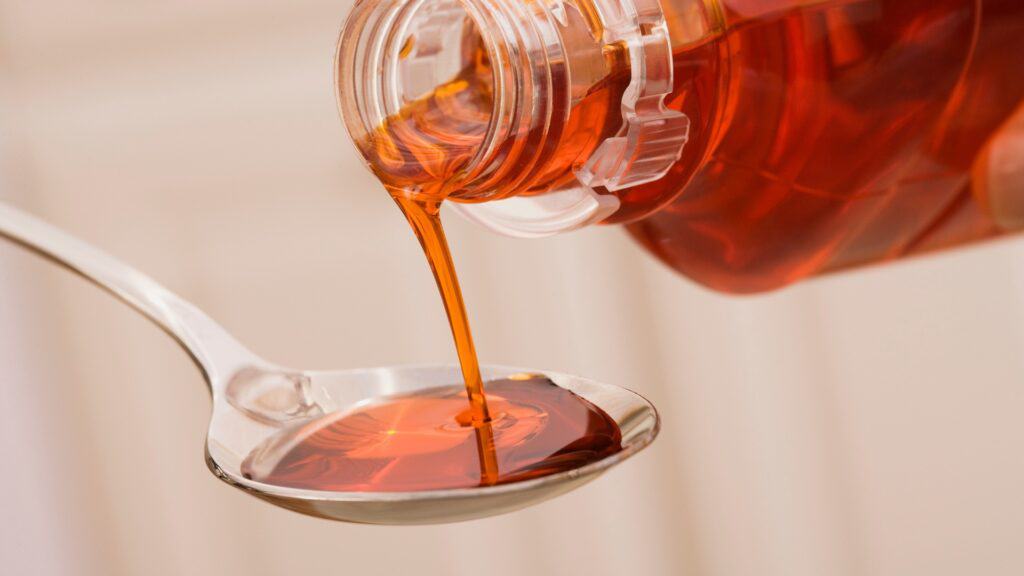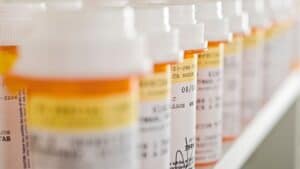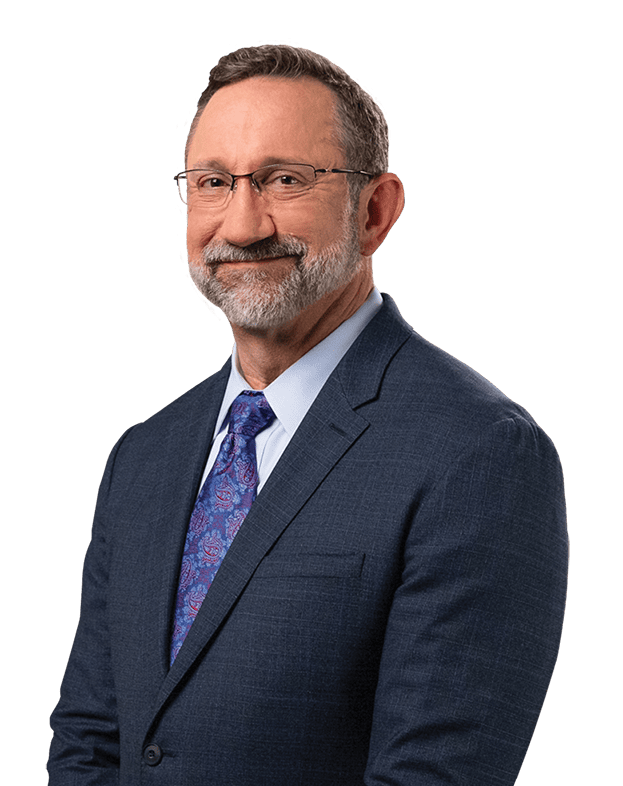06/15/2023
Teens & Overdose

A parent’s worst nightmare is to lose their child. Unfortunately, when teens experiment with drugs, lethal overdoses can easily occur. While teens experimenting with drugs is not a new phenomenon, the potency and addictiveness of today’s drugs make even a one-time use enough to lead to lifelong health problems, addiction, or even death.
It doesn’t matter whether it’s powerful prescription drugs, club drugs, over-the-counter medications, or another substance. Parents who fear that their teenager may be abusing drugs should be aware of the most commonly abused drugs, signs that indicate drug abuse, and resources to find help before it’s too late.
Drugs commonly abused by teenagers
-
Opioids/ Narcotics
Opioids and narcotics have become increasingly popular with young adults. OxyContin (oxycodone) and Vicodin (hydrocodone) are readily available from internet pharmacies and, once swallowed, snorted, or chewed, have a high likelihood of dependence. Teens who become dependent on opioids and narcotics will suffer withdrawal symptoms if the drugs are abruptly stopped. Overdoses occur when too many drugs are taken at once, or the drugs are mixed with alcohol or other sedatives.
-
Stimulants
Prescribed for conditions such as ADHD, asthma, and narcolepsy, stimulants can produce the same high as methamphetamine and similar drugs. Commonly abused forms of the drug include Ritalin, Adderall, Dexedrine, and amphetamine. Abuse of stimulants can cause heart problems—especially when combined with antidepressants or decongestants—or seizures, both of which can be fatal.
-
Depressants
Commonly abused depressants include barbiturates (phenobarbital, Mebaral, Fiorinal), benzodiazepines (Valium, Klonopin, Xanax), and sedatives (Halcion, Ambien, ProSom). For those with a medical need, depressants are used to treat anxiety and insomnia. Abuse of these drugs, however, can slow down the heart and lungs causing death. Abruptly stopping the drugs can also lead to death; a teen suspected of abusing these drugs should be monitored by a physician.
-
Club drugs
“Club drugs” are a group of substances that have gained popularity at all-night parties; drugs like LSD, Ecstasy (MDMA), Rohypnol (the “date rape drug”), ketamine, GHB, and methamphetamine are all grouped under this umbrella term. These drugs can cause death, especially when mixed with alcohol or other substances, and can lead to long-term health problems. Club drugs are unique in that they are generally odorless and tasteless, and can easily be used to drug another person without their consent.
-
Cough medicine/ DXM
Dextromethorphan, or “DXM,” is the active ingredient in over-the-counter cough medicine that, when the recommended dosage is exceeded, can produce a high. The availability of cough medicine at pharmacies and stores nationwide makes it hard to combat its abuse. DXM use leads to addiction and can result in death.
Signs of drug use in teens
As a parent, there are certain signs to watch for that may indicate your teenager is abusing drugs. Common signs include:
- Loss of interest in hobbies and activities
- Changes in appetite
- Problems at school, both academically and with authority figures
- Possessing drug paraphernalia (cigarette rolling papers, plastic baggies, pipes, etc.)
- Unexplainable changes in mood and/or behavior
- Lying, cheating and/or stealing
Resources to help a teen using drugs
If you suspect your teen is using drugs, it’s important to get help as soon as possible before an addiction develops or an accidental overdose occurs. There are numerous agencies, rehabilitation centers, and online resources that can help guide you as you face your teen’s drug use, including:
- Partnership for Drug-Free Kids’ Parent Hotline (1-855-DRUGFREE)
- The Center for Disease Control (www.cdc.gov)
- National Institute on Drug Abuse (www.drugabuse.gov)
DISCLAIMER: The content on this blog is intended for general informational and educational purposes only. It is not legal advice and shouldn’t be treated as such. Laws can change, and the outcome of a legal matter often depends on the specific facts involved. What you read here may not apply to your unique situation.
If you have questions or need guidance on a personal injury matter, we invite you to contact us. Our team is here to listen, provide clarity, and help you understand your legal options.




